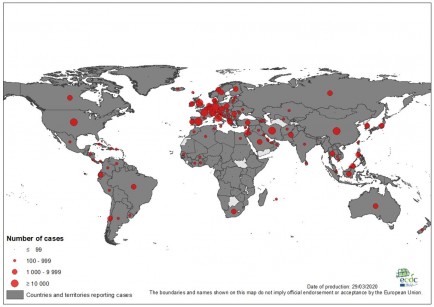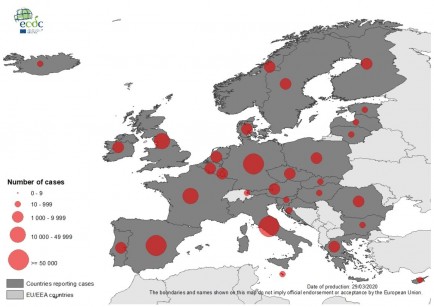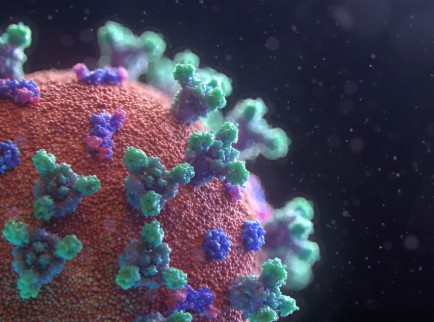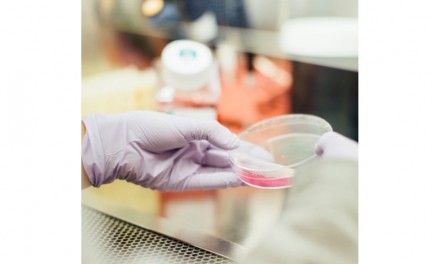Nearly half of 45 fruit juices tested had elevated levels of heavy metals, which can pose health risks for children and adults, Consumer Reports has found.
The report, released Wednesday, says that even small amounts of juice might hold risks.
“In some cases, drinking just 4 ounces a day — or half a cup — is enough to raise concern,” James Dickerson, PhD, chief scientific officer for CR, says in the report.
If anything, the results simply reinforce existing concerns about fruit juices.
“I don’t think we need to say you can’t give your kids any juice,” says Steven Abrams, MD, a professor of pediatrics at Dell Medical School, University of Texas at Austin. But, he says, “juice is not a product that is intrinsically healthy for children.” He co-authored the American Academy of Pediatrics’ guidelines on juice, which set limits by age.
Meanwhile, juice producers say the report needlessly alarms consumers.
How Was the Testing Done?
Consumer Reports experts tested 45 juices made by 24 brands, including well-known and lesser-known brands such as Gerber, Minute Maid, Mott’s, Great Value from Walmart, Clover Valley from Dollar General, and Big Win from Rite Aid. Those tested included organic products, too, as well as store brands from Whole Foods and Trader Joe’s.
They focused on levels of cadmium, lead, mercury, and inorganic arsenic, saying that these elements pose some of the greatest risks and that research has found they are common in food and drink. The juices tested were apple, fruit blends, grape, and pear.
The new testing was done as a follow-up to a study in 2011, when CR found elevated levels of inorganic arsenic and lead in apple and grape juices. The new evaluation was done to see if there’s been improvement, to test other juices, and to test for other heavy metals.
What Are the Major Findings?
Overall, CR says, heavy metal levels in fruit juices have declined since their last testing. But in the new report, every juice contained at least one of the four metals tested, and 47%, or 21, had concerning levels of cadmium, inorganic arsenic, and/or lead. None had concerning levels of mercury. Other major conclusions:
Seven of the 21 had enough heavy metals to potentially harm children who drink a half-cup or more a day, and nine of the 21 held risks for kids drinking a cup or more a day.
Ten of the juices posed a risk to adults, too: Five were potentially hazardous at a half-cup or more a day, and five at a cup or more a day.
The highest heavy metal levels were in grape juice and juice blends.
Organic juices did not have lower heavy metal levels than non-organic.
In the report, 24 products are listed as ”better alternatives.”
Still, all but one of the juices in the Consumer Reports tests had inorganic arsenic levels below the FDA’s proposed limit of 10 parts per billion, and 58% had levels below CR’s recommended cutoff of 3 ppb. Trader Joe’s Fresh Pressed Apple Juice was the only product above the 10 ppb threshold. CR says its tests found three samples averaged 15.4 ppb.
What Are the Health Risks From Heavy Metals?
Depending on how much and how long the exposure is, heavy metals can pose risks to children and adults. Risks include a lower IQ, behavior problems such as attention deficit hyperactivity disorder, type 2 diabetes, and cancer, among many other health issues, CR says.
Experts worry about accumulated heavy metals not from only juice, but other sources. They are found not only in food and drink, but throughout the environment; plants absorb the heavy metals from contaminated soil and water, CR says.
What Does This Mean for Children and Adults?
The best advice about serving juice to children is to limit it, says Abrams, who is also director of the Dell Pediatric Research Institute. Broaden their choices, he adds. “Don’t use only apple or orange.”
Among the misconceptions among parents, he says, is that organic juices are lower in heavy metals. Not true, he says. “Families should not assume that choosing the organic label guarantees being free of toxins.”
He also discourages serving children juice from juice boxes or pouches. “Kids will tend to sip on it, and they get a lot of juice sitting on their teeth [risking cavities]. It’s convenient, I get that. But I think they tend to drink more.”
What Do the Juice Manufacturers Say?
In a statement, Patricia Faison, technical director of the Juice Products Association, an industry group, accused Consumer Reports of raising unnecessary concern.
“There is no scientific evidence indicating that the presence of trace levels of heavy metals in juice has caused any negative health outcomes among individuals at any life stage,” she says.
“The juice industry is committed to providing safe, high-quality nutritious juice that meets or exceeds regulations established by the U.S. Food and Drug Administration (FDA) for food safety.”
Producers of juice also conduct their own testing, Faison says.
Gerber also responded, saying in part: “At Gerber, we always go the extra mile to provide high-quality and safe nutrition for little ones. When it comes to our juice, this means regular testing of our ingredients, water and finished juices, working closely with our farmers to reduce and limit contaminants, and using some of the most precise analytical equipment and test methods available.”
Original article: https://www.webmd.com/diet/news/20190130/heavy-metals-found-in-popular-fruit-juices




























Comments